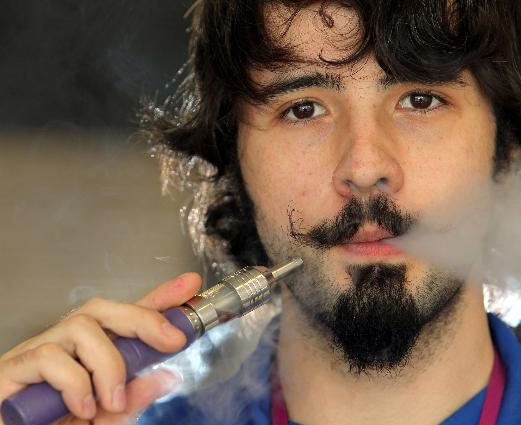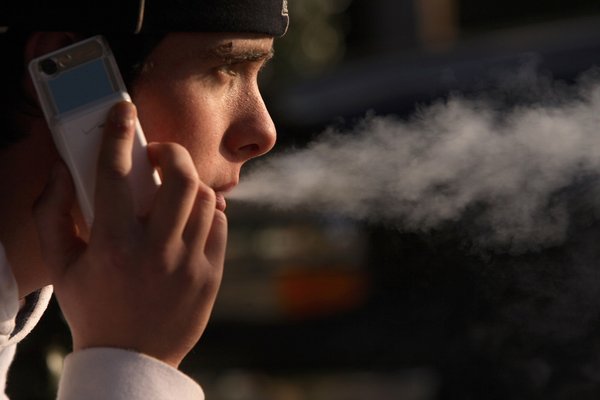Study finds cigarette alternatives may not be safer than cigarettes
UC Davis Researchers Examine E-Cigarettes, Cigars, Hookah
Written By CATHERINE MAYO
If you’ve ever been convinced to smoke hookah — or anything else for that matter — because someone told you it was completely safe, you aren’t alone (but you’ve been lied to).
Are smoking alternatives as safe as people think? UC Davis pulmonary physicians recently published a study concluding these replacements can be addictive gateways to cigarette smoking. The assessment — which focused on cigars, hookah, e-cigarettes and a Swedish smokeless tobacco called snus — provides new insight on why people trying to quit smoking (and those who haven’t started) should avoid all types of tobacco products.
“Everything I included … in some way or another has become popular in America or worldwide… [These products] are the most commonly used, and because [of this], there is a misperception about them,” said Michael Schivo, assistant professor of internal medicine at UC Davis Health System and lead author of the study.
The research team found that because of a lack of regulation and research, e-cigarettes show unclear risks. From 2011-12, e-cigarette use among students in grades six to 12 doubled. Many people trying to quit smoking view e-cigarettes as a safe way to wean themselves off nicotine, but according to the study, Schivo recommended smokeless tobacco before e-cigarettes to better avoid lung cancer and cardiovascular disease. Moreover, for non-smokers trying something new, the nicotine can be dangerously addicting.
Smoking hookah, a technique that employs a special form of tobacco called shisha smoked out of a water pipe, is growing in popularity among college-aged adults and is commonly perceived as a harmless recreational activity, was discovered to be significantly worse than cigarettes. Waterpipe use leads to deeper and longer inhalation of tobacco smoke than other forms of smoking. In fact, the Mayo Clinic says a typical one-hour-long hookah session consists of 200 puffs compared to the cigarette’s average of 20 puffs. Nicotine levels are reduced in waterpipe smoking, but the amounts of arsenic, chromium and lead — chemicals known to be carcinogens — are all significantly higher.
While this information may come as a shock to some, many others know it and choose to ignore it as best they can.
“I’m sure that almost everyone who smokes … has been told countless times that they should stop. It’s not that they don’t know the risks, it’s just a tough habit to quit,” said Brad Howard, a second-year civil engineering major.
The study arrives in the final months of UC Davis’ tolerance for smoking. Beginning in January 2014, the UC Davis Smoke-Free policy takes full effect. The campus will no longer tolerate any forms of smoking, including e-cigarettes and hookah.
Krystal Wong, a second-year human development major and intern at the Student Health and Wellness Center, welcomes the addition of this new policy.
“Davis is trying to promote a healthier environment … Second-hand smoking can cause health hazards for many students,” Wong said.
Schivo is in support of the new rules.
“Public awareness is good however it’s employed,” he said.
Whether you are for or against the policy, we can at least now know not to believe anyone who tries to convince us smoking alternatives are safe. We only have evidence to prove the opposite. Take it as you will, live your life, be smart.





